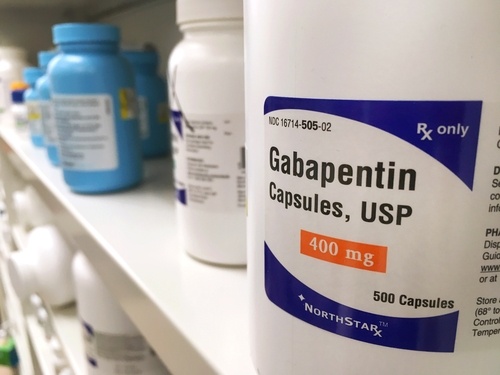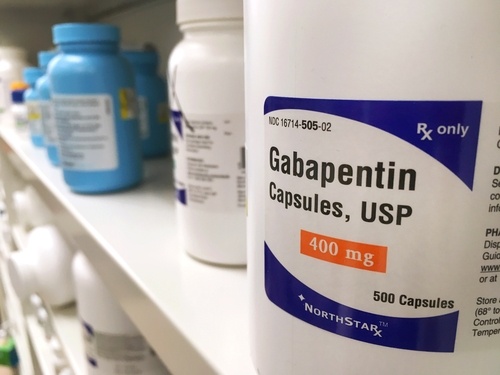What Are The Most Serious Side Effects Of Gabapentin?
Gabapentin is the generic version of Neurontin and is a gamma-aminobutyric acid (GABA) analog. It is a prescription painkiller and belongs to a class of medications called anticonvulsants. It is approved by the United States Food and Drug Administration (FDA) to be used to prevent and control partial seizures, relieve postherpetic neuralgia after shingles, and moderate-to-severe restless legs syndrome. The Cleveland Clinic explains that “GABA reduces the excitability of nerve cells (neurons) in the brain, which plays a role in seizures and the transmission of pain signals. Gabapentin mirrors the effects of GABA calming excited neurons.” The average half-life, meaning the length of time the substance will remain in one’s system until the concentration in one’s blood has been reduced by half, of gabapentin, ranges from five to eight hours. As is true when taking any type of medication, there are always associated risks and potential unwanted side effects, some more serious than others.
Side Effects
Every individual is different and will have a somewhat distinct response to taking gabapentin. The Mayo Clinic provides the following examples of common side effects that could present when taking gabapentin:
- Unsteadiness
- Clumsiness
- Chest pain
- Chills
- Fever
- Swollen glands
- Hyperactivity
- Concentration problems
- Aggression
- Eye problems (e.g., unusual eye movements, double vision, etc.)
- Loss of memory
- Sore throat
- Joint pain
- Diarrhea
An individual that experiences lingering adverse side effects when taking gabapentin is encouraged to consult his or her healthcare provider. Though relatively uncommon when taken exactly as prescribed, there are a variety of serious side effects that could occur when taking gabapentin. Medical News Today suggests pursuing immediate medical assistance if any of the following symptoms occur:
- Signs of an allergic reaction: a skin rash, hives, itching or swollen, blistered, or peeling skin with or without fever, trouble breathing or swallowing, wheezing, or swelling of the face, lips, throat, eyes, mouth, or tongue
- Changes in mood or behavior: suicidal thoughts or thoughts about dying, suicide attempts, new or worsening depression, anxiety, irritability or feelings of agitation or restlessness, trouble sleeping, panic attacks, feelings of aggression or anger, etc.
- Signs of liver abnormalities: yellowing of the skin or whites of the eyes, dark urine, light-colored stools, vomiting, unusual bleeding or bruising
- Signs of kidney abnormalities: trouble urinating, a change in how much urine is passed, blood in the urine, or weight gain and swelling of legs and feet from retaining fluid
- Change in color of the skin: to a bluish color on the lips, nail beds, fingers, or toes along with severe fatigue or weakness and unexpected muscle pain
Individuals who abuse the substance are at increased risk of developing severe effects. The dangerous side effects of gabapentin include serious allergic reactions, suicidal thoughts or behaviors, neurological and psychiatric side effects (in children), and/ or breathing problems.
For Information and Support
Substance abuse and addiction can be incredibly dangerous and can result in severe short and long-term consequences. If you or someone you know is suffering from substance abuse or addiction, please get help as soon as possible. The earlier you seek support, the sooner you and your loved ones can return to leading happy, healthy, and fulfilling lives. There is no reason to go through this alone, and we are here to help. Please feel free to reach out to us for further information or with any questions regarding substance abuse or addiction. We are available anytime via telephone at: 213-389-9964, or you can always email us at: info@friendlyhousela.org.



